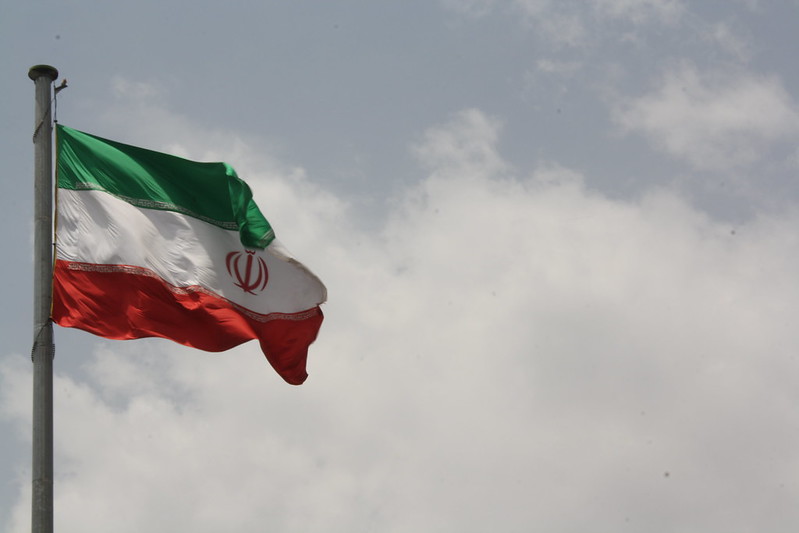
Following a call by Iran’s Supreme Court to uphold the death sentence for three anti-government protesters, Iran’s security forces have cracked down on dissidents gathered in Behbahan.
Iran’s Supreme Court has since stated that they may halt the executions and in effect reverse, the decision reached on Tuesday due to the international outcry. However, the security forces have been seen to use tear gas to disperse protesters on Thursday and have arrested activists in Behbahan.
The police further imposed a heavy presence in key cities such as Tehran and Isfahan. Iran’s security forces have also blocked internet usage in areas in Khuzestan, a southern western province which includes the city of Behbahan.
The Supreme Court’s decision
The three men, Amirhossein Moradi, Mohammad Rajabi and Saeed Tamjidi, were convicted on charges of “enmity against God” through acts of arson and vandalism during the November 2019 protests.
Amnesty International has decried the decision, describing their trials as “grossly unfair” and maintaining that "their allegations of torture and other ill-treatment were ignored. Their case has sparked widescale international outcry, with the BBC reporting that the Persian hashtag #do_not_execute was used five million times after it was announced on Tuesday that the Supreme Court had upheld their death sentences.
Anti-government fervor
Anti-government protests began in November 2019, and Iranian officials responded with a heavy hand, resulting in 1,000 deaths during the deadliest street violence since the country’s 1979 Islamic revolution.
The protests last year were driven by economic hardship and the increase in petrol prices. This led to demonstrators calling for top officials to step down. Iran’s economy continues to suffer under US sanctions which have restricted the country’s oil exports. The economy has also suffered due to the spread of the coronavirus pandemic. Over 13,700 people have died to the coronavirus in Iran.
One Iranian told Reuters:
“People are angry. The economy is so bad that we cannot survive.”
Videos of the protest have been posted on twitter showing protesters chanting, “Fear not, fear not, we are in this together.”
Iran’s response
Iranian officials have released a statement defending the police’s actions in dispersing protesters, stating:
“The Police force has an inherent and legal duty to deal decisively with these desperate moves.”
Iran’s police further urged people to “vigilantly refrain from any gathering that could provide a pretext for the counter-revolutionary movement”. They have further stated that they will deal "decisively" with any further dissent.
Read more from the BBC, Reuters, Middle East Eye and Al Arabiya


